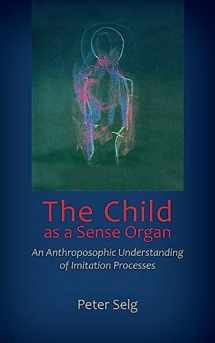
The Child as a Sense Organ: An Anthroposophic Understanding of Imitation Processes
Book details
Summary
Description
The initial period of childhood is essentially about adapting to and incarnating on Earth and establishing a provisional balance between the “spiritual” and the “physical,” between the prenatal cosmic and the earthly factors. During this time, according to Rudolf Steiner, “all the forces of a child’s organization emanate from the neurosensory system. . . . By bringing respiration into harmony with neurosensory activity, we draw the spirit–soul element into the child’s physical life.”
Peter Selg investigates how children’s early experience of the world begins as an undifferentiated sensory relationship to their phenomenological environment. This aspect of a child’s incarnation leads to leaning through imitation and to the process of recognizing “the Other” as a separate entity with which to interact.
In this cogent work, Peter Selg describes the early stages of childhood from the perspectives of conventional scientific and spiritual-scientific― anthropological and anthroposophic―research with the purpose of encouraging a new educational attitude in working with young children. In his numerous references to early childhood development, this was Rudolf Steiner’s most important and urgent purpose.


We would LOVE it if you could help us and other readers by reviewing the book
Book review



